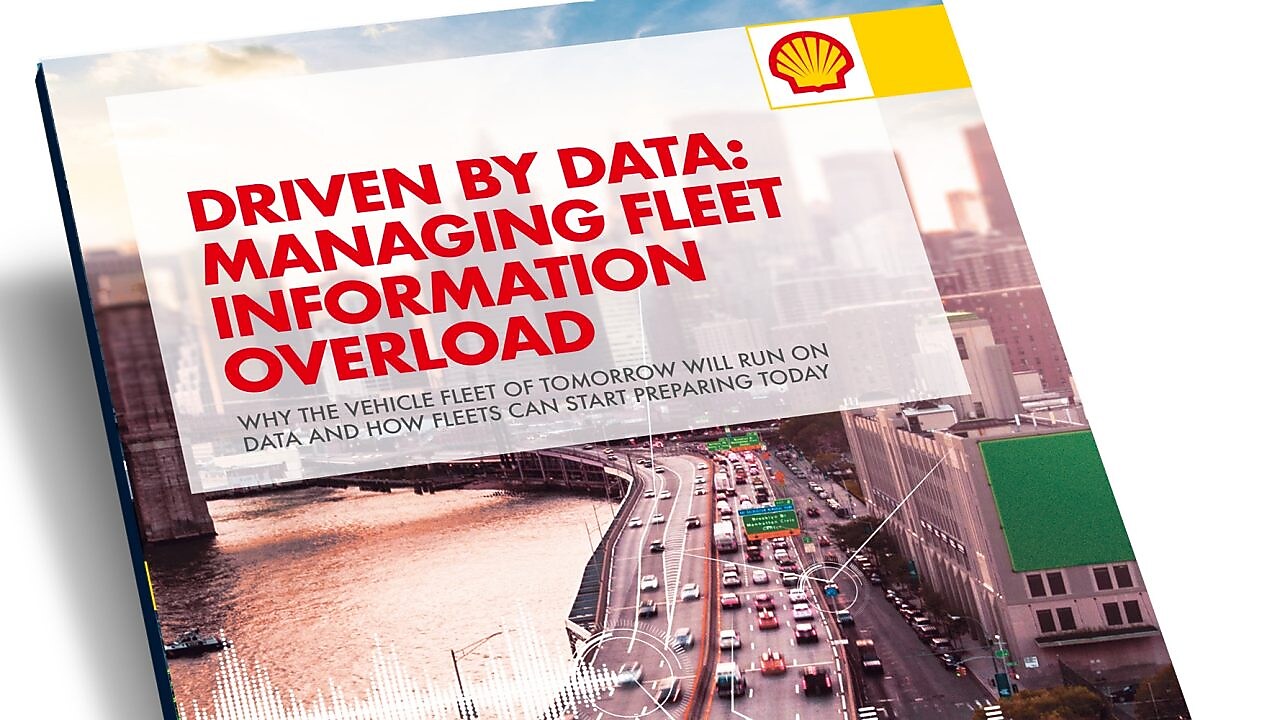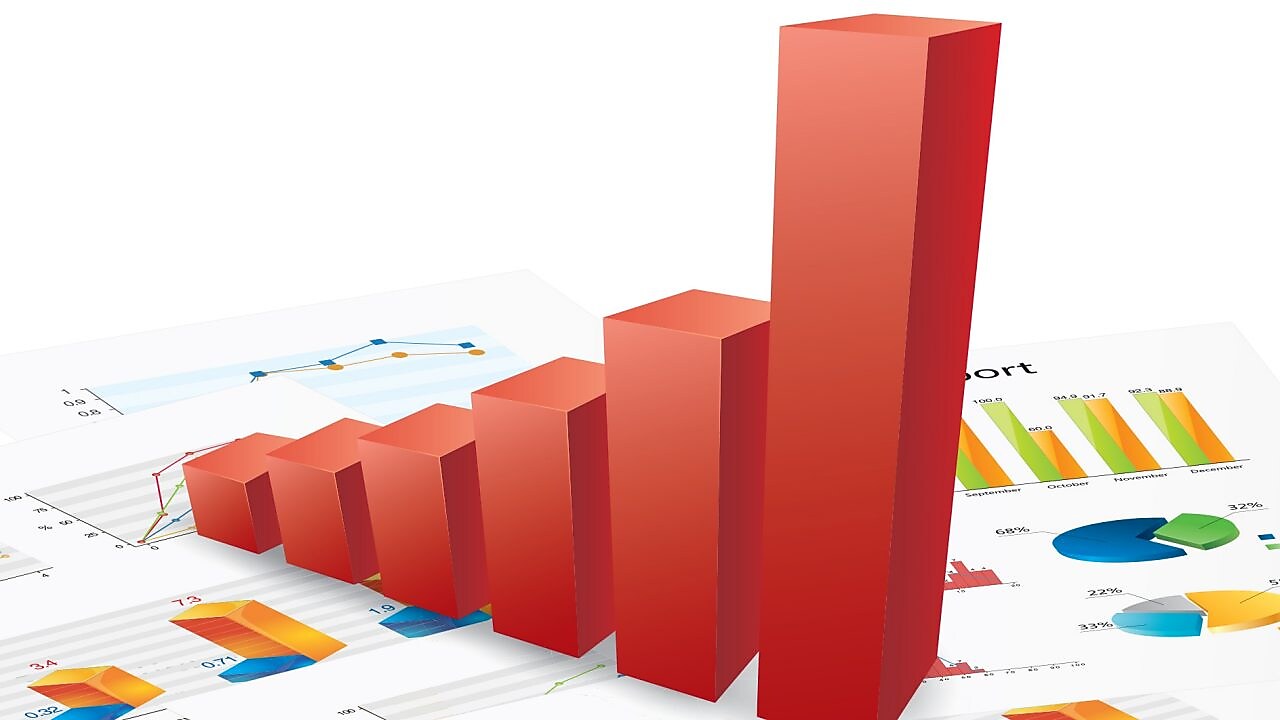
5 ways to future-proof your fleet
The role of a fleet manager has never been more challenging. Staying on top of the latest developments is a full-time job in itself, encompassing everything from team management to technology and safety to legislation. Successful fleet management is not just about keeping up and reacting to changes, it requires forward thinking. Here are five ways to help you future-proof your fleet.

By Gareth Herincx on Jun 11, 2019
1) Look for alternatives
One of the most pressing concerns for any fleet manager is the drive towards alternative fuels. Never has it been more important to plan for the future and have a diverse energy policy. The automotive future points largely towards electric, though hydrogen fuel cells – which charge up electric batteries on the move – may well be the best option for trucks and larger vans.
One of e-mobility’s biggest hurdles has been range, but that is increasingly less of a concern. Shell is increasingly offering reliable charging solutions for electric vehicle customers – whether they are at home, at work or on the road. They recently agreed to buy Dutch-based NewMotion, the owner of one of Europe’s largest electric vehicle charging networks.
NewMotion manages over 30,000 charging points for electric vehicles in Western Europe and offers access to thousands more. Customers are also starting to see more fast charging points at its forecourts, following the launch of Shell Recharge in the UK and Netherlands. Shell has also signed an agreement with high powered charging network operator IONITY to offer 500 charge posts across 10 European countries starting with 80 of its biggest highway stations.
One thing is for sure, with the UK and French governments’ pledge to ban sales of new petrol and diesel vehicles from 2040, and more city centres becoming low-emission zones, there is increased incentive for fleet managers to opt for electric vehicles or ones that run on alternative fuels.
In the meantime, it’s becoming more important to provide a range of sustainable options for employees and products to get from A to B. As diesel declines, more efficient petrol engines, plus hybrid, electric and hydrogen vehicles will fill the gap, while other lower-emission fuel alternatives such as cleaner-burning gases, like Shell GTL fuel or liquefied natural gas (LNG), will also have to be considered. LNG, a cool natural gas, is increasingly playing a bigger role in the energy portfolio with Shell continuing to find ways to make it more available where it is needed around the world.
2) Know your competition
It’s vital for every business to keep an eye on what its rivals are up to. Competitor analysis can be done on a formal basis, perhaps by employing a specialist company to carry out a study.
However, there are also informal opportunities such as Fleet Management Live and Fleet Show – events which provide senior fleet decision-makers with the perfect opportunity to network with industry colleagues evaluate new fleet service providers and attend seminars. And in the case of the former, see and drive the latest cars and vans.
And when it comes to the fuels that will be driving the fleets of future, Shell’s Make the Future Live is a great opportunity to see some of the most exciting and cutting-edge innovations and ideas.
It’s only by knowing what’s happening in your industry that you can plan for the future.
3) Plan for economic challenges
As if business isn’t challenging enough, the economic challenges mean businesses must plan ahead to manage the change and to take the necessary steps to achieve success in the future.
Fleet managers should forecast possible scenarios to avoid any prospective cliff edges. Import/export tariffs, which could affect the prices of vehicles, parts and fuel, plus restrictions on migration, compliance and border controls are among the additional possible challenges that fleets could face in the future.
4) Embrace new technology
Technological advances in the automotive industry are advancing at a bewildering pace and it’s essential that fleet managers keep up with the latest developments.
For instance, telematics makes it possible to run a fleet more efficiently and to help cut fuel fraud, pulling in data on everything from fuel usage and miles driven to driver behaviour.
There’s also a fundamental shift away from personally owned, driver-driven vehicles towards a world centred around driverless vehicles, delivery drones and shared mobility, which could mean that fleet managers of the future will also have to handle the needs of employees travelling by alternative means of transport.

5) Read the small print
Just as the April 2017 overhaul of Vehicle Excise Duty (VED) bands and company car tax caught some by surprise, it’s always possible for other changes in taxes and legislation to come along in these uncertain times, so it’s essential to keep across the latest talking points and government consultations.
Uncertainty over the economy and possible city centre charges to encourage drivers into ultra-low emission vehicles can be planned for, while other legislative changes are already in the pipeline.
For instance, in May 2018 the General Data Protection Regulation (GDPR) will build on existing data protection legislation with a particular focus on digitalisation and technology, which means that fleets will need to be clear about how they use data and to keep their employees in the loop. While data-based decision-making can drive efficiencies, it must be balanced against people having a right to privacy.

